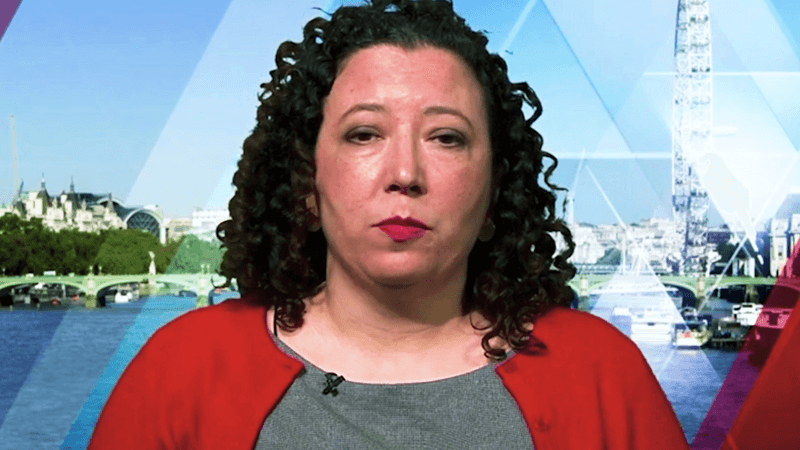Author JK Rowling and ex-Olympic swimmer Sharron Davies have come to the defence of a woman who denies the possibility of ‘changing sex’.
On Wednesday Maya Forstater lost at an employment tribunal when it ruled that so-called “gender critical” views are not covered by equality law. She had claimed she was removed from her role at a think-tank over the staunch belief.
Rowling wrote that women should not be ‘forced out of their jobs for stating that sex is real’, while Davies said sex is a “scientific fact”.
No change
In the ruling, employment judge Mr J Tayler said Forstater was free to hold her belief, but it was not protected under the Equality Act (EqA).
Mr Tayler wrote, “she considers there are two sexes, male and female, there is no spectrum in sex and there are no circumstances whatsoever in which a person can change from one sex to another, or to being of neither sex”.
“If a person has a Gender Recognition Certificate this would not alter the Claimant’s position”, he added.
‘Rights’
“However”, he concluded, “I consider that the Claimant’s view, in its absolutist nature, is incompatible with human dignity and fundamental rights of others”.
“There is nothing to stop the Claimant campaigning against the proposed revision to the Gender Recognition Act to be based more on self-identification.”
“However”, he added, “that does not mean that her absolutist view that sex is immutable is a protected belief for the purposes of the EqA.”
‘Challenge’
Forstater said she was shocked at the decision.
“There are two sexes. Men are male. Women are female. It is impossible to change sex. These were until very recently understood as basic facts of life”.
“I will consider the judgment closely with my legal team to determine what can be done to challenge it”, she added.
Free speech
On Twitter, JK Rowling wrote that she stood with Forstater, while Davies said sex is a “biological reality”.
Jodie Ginsberg, who leads the Index on Censorship group, commented: “Deeply worried about what this judgment means for free speech – and in particular the potential it gives for ever greater policing of an individual’s personal views and opinions by employers.”

